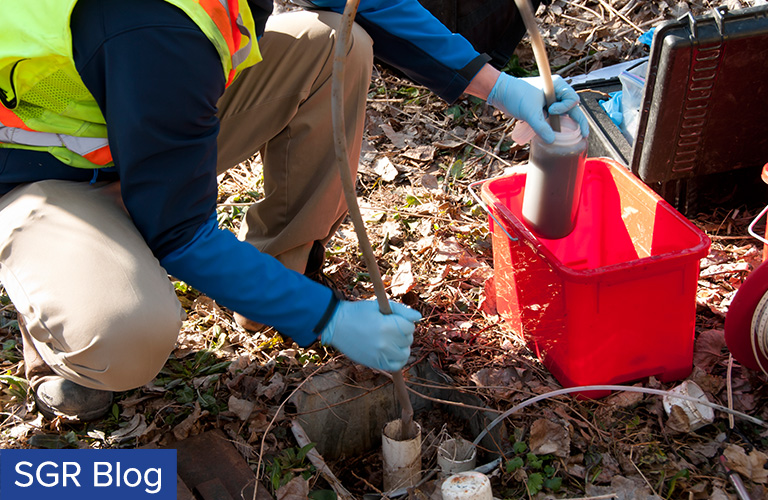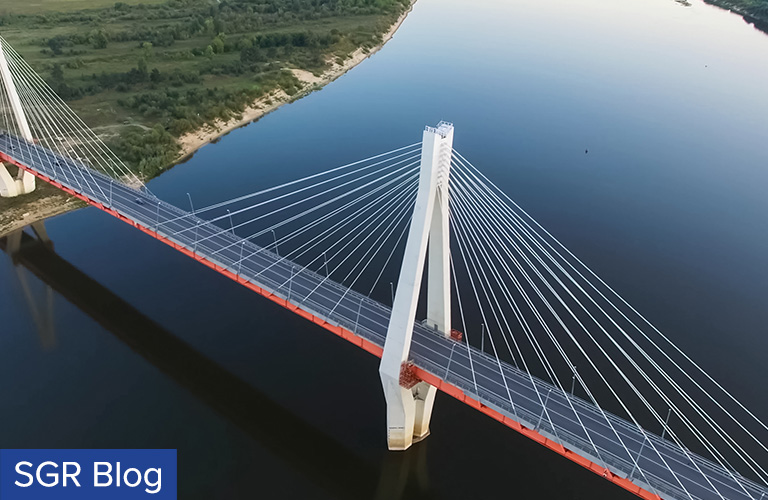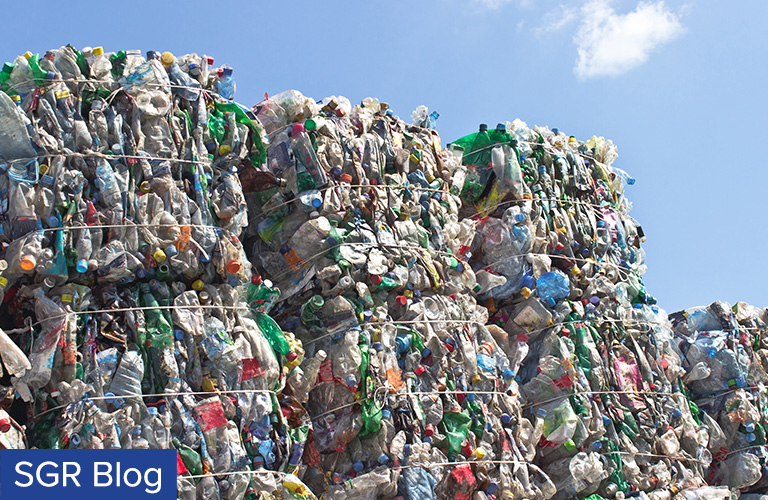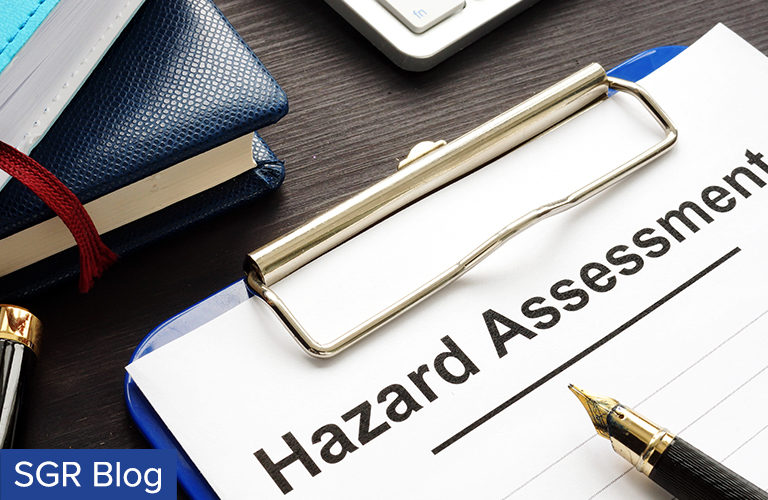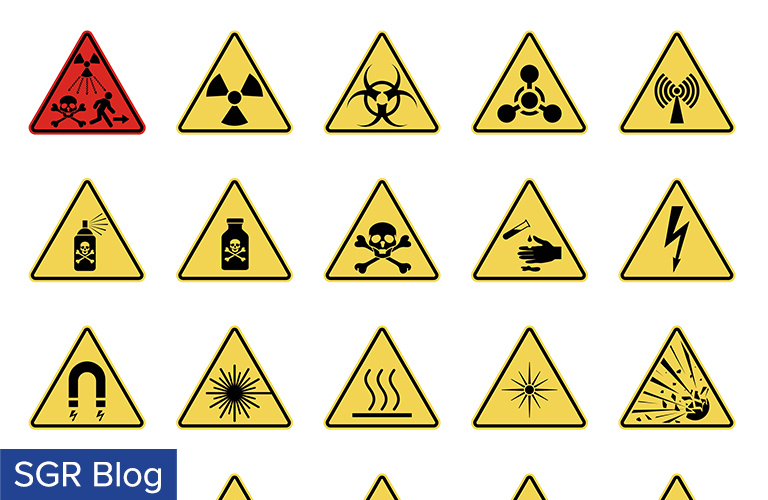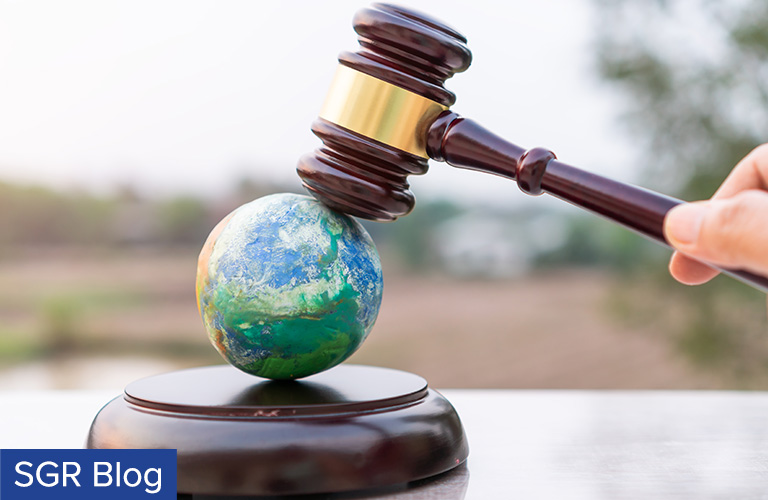
On March 12, 2020, the head of the Environment & Natural Resources Division of the U.S. Department of Justice (“DOJ”) announced that the DOJ will no longer allow the use of supplemental environmental projects (“SEPs”) to offset the payment of civil penalties in the settlement of enforcement actions brought by the DOJ on behalf of the U.S. EPA. SEPs have long been utilized in the settlement of governmental enforcement actions—specifically, settling defendants have agreed to fund projects that provide environmental and community benefits to areas and natural resources impacted by the alleged violation of environmental laws in exchange for a… Read more


